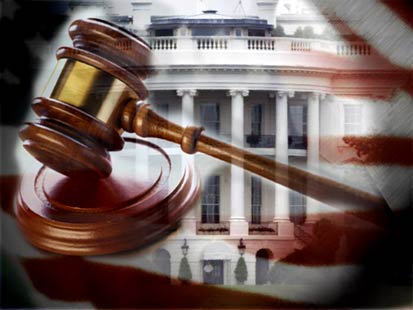U.S. Supreme Court upholds California's in-state tuition rate for undocumented students

The U.S. Supreme Court ruled that California can continue to offer in-state tuition to undocumented immigrants at the state’s public universities. Specifically, the Court refused to hear a challenge to legislation (AB 540) enacted in 2001 that allows undocumented students who graduate from California high schools to attend the state’s community colleges, Cal State or University of California, at the same tuition rate as in-state resident students. AB 540 also requires students to attend a California high school for at least three years, and sign an affidavit stating they will apply for legal residency as soon as they become eligible.
Challenging the law were 42 out-of-state students that charged the law did not comply with federal immigration laws which bar states from offering “any post-secondary benefit” to undocumented immigrants. However, California’s Supreme Court upheld the state’s policy last year, ruling that offering in-state tuition to undocumented students is legal because it’s based on whether a student attends and graduates from a California high school, not on the student’s immigration status.
Lawyers from the Washington-based Immigration Reform Law Institute appealed the ruling. The High Court refused to hear the appeal. University of California’s Ethan Schulman was quite pleased with the Supreme Court’s decision. As reported in Reset San Francisco, Schulman said:
"It's very gratifying that the California Supreme Court decision upholding AB 540 is now the final ruling. This is an important law that allows deserving students to get an affordable education.”
This ruling will have a tremendous impact on the ability of tens of thousands of young people to be able to afford to go to college. For example, in 2010-2011, UC Santa Barbara in-state tuition was $11,686 as compared to $34,566 for out-of-state students.
According to Santa Barbara Community College Superintendent Andreea Serban:
“For these students, the fact that they can pay tuition on the California-resident level makes an extraordinarily great difference, because obviously they don’t qualify for state or federal financial aid if they’re undocumented.”
Not everyone agrees.
The plaintiffs believe that it costs them $20,000 more in tuition and fees than undocumented students to attend a public California university. According to the plaintiffs’ lawyer, Michael Brady, AB 540 is "fundamentally unfair" in that undocumented immigrants get the tuition break when out-of-state students, many of which are low-income or minority, do not. With this decision, however, the plaintiffs have reached a dead-end in California and 11 other states with similar laws.




